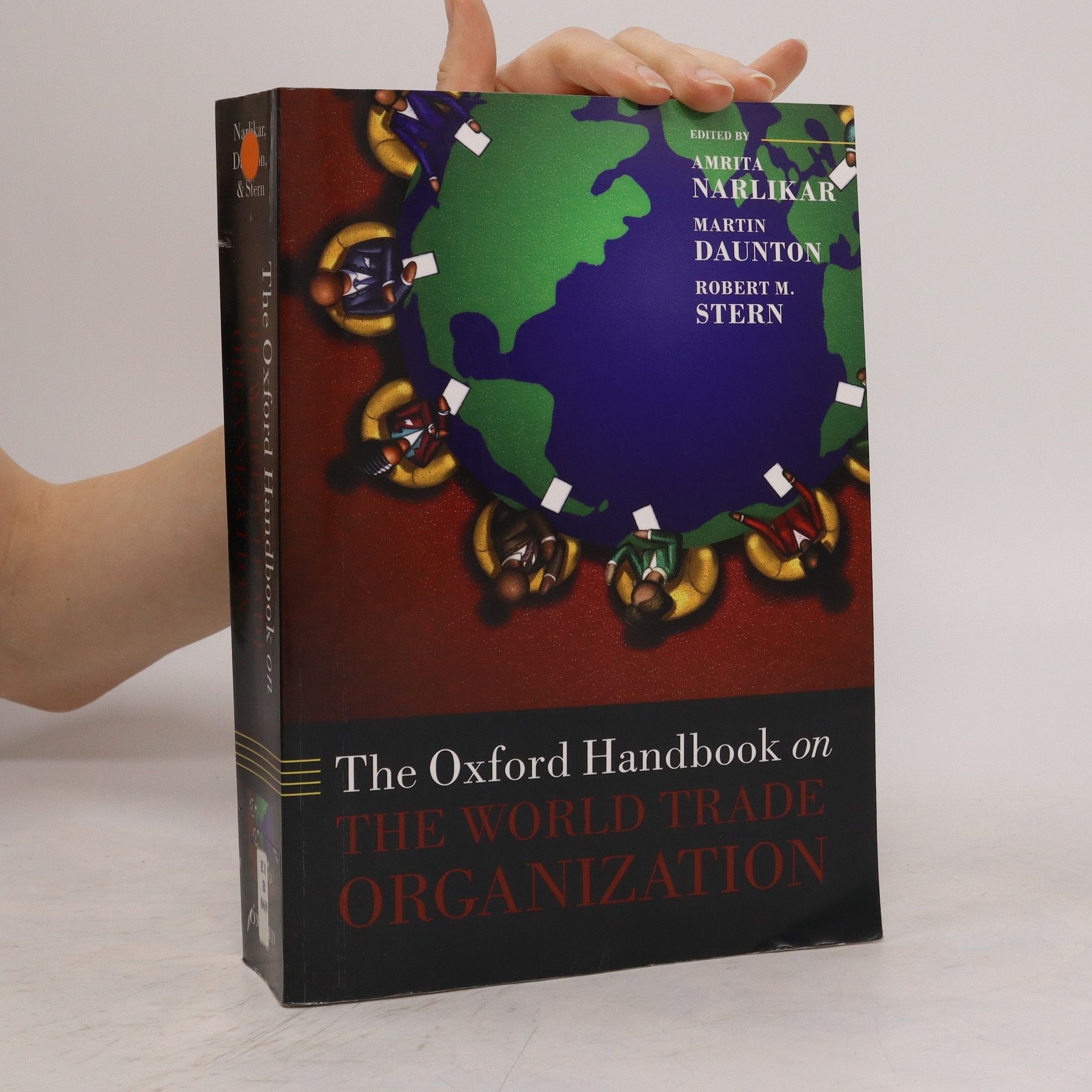Poverty Narratives and Power Paradoxes in International Trade Negotiations and Beyond
- 220 páginas
- 8 horas de lectura
Challenging readers of all political persuasions to rethink assumptions about powerlessness, this book shows how poverty has become a political tool and unprecedented source of empowerment. Narlikar's theory of agency, focus on the life-cycles of narratives, and policy-relevant insights make this work a valuable resource for scholars, diplomats, and leaders.

